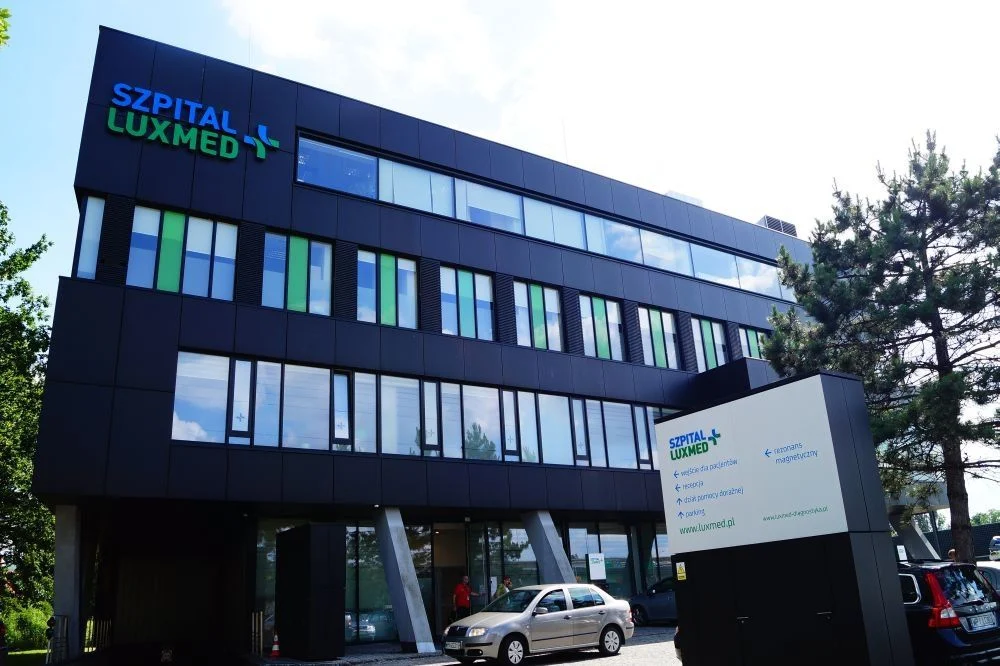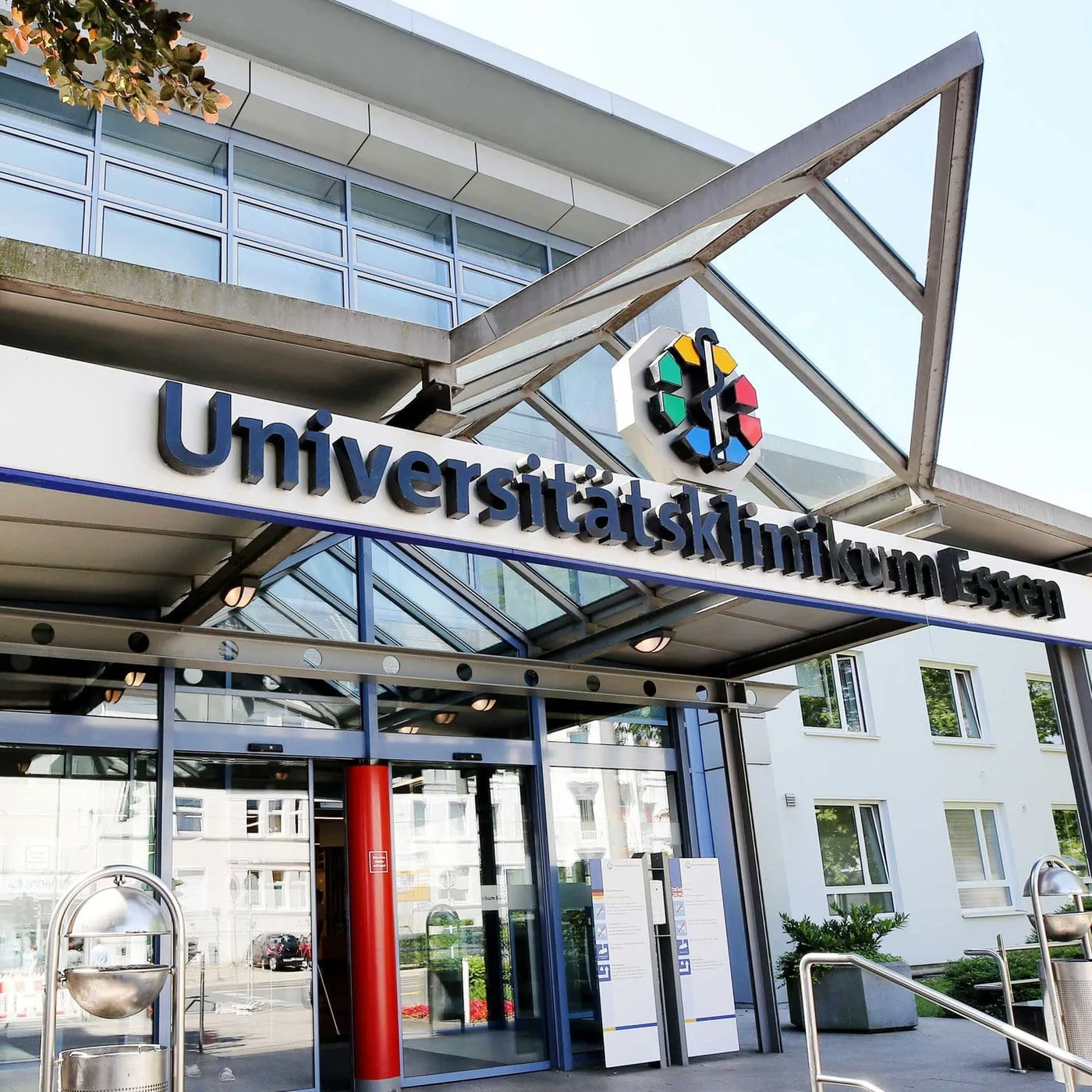Over recent years, gene editing has become a prime focus of discussion in cancer care. The buzz comes from CRISPR’s ability to help cancer doctors fight tumors by fixing genes. Rather than simply attacking cancer cells with traditional chemicals or radiation, these new techniques seek out the genetic faults at the very heart of tumor proliferation. It is a move that many believe should turn true genetically-based therapies possible.
The precision which sets CRISPR apart was highlighted. At present, researchers are able to fine-tune DNA sequences with unprecedented accuracy, turning off harmful genes in some cells and correcting mutations which drive cancers. “We’re seeing treatment possibilities now that were beyond the wildest dreams in the past,” commented experts, who works in molecular oncology. “CRISPR shows the way to tailor interventions cell by cell.”
Modernized Therapies for Effective Fighting
Currently, international research teams and clinical laboratories are studying how gene editing cancer strategies could work.
Focus points include:
- Targeted gene therapy that repairs or paralyzes specific genetic mistakes linked to tumors;
- Reprogramming the immune cells, making immune defenses better able to detect and attack cancers;
- New gene-based drugs are designed to target mutations found in tumors;
- Local repair injections penned to reinstate normal function in diseased tissues;
- Integrated treatments combining editing tools and existing therapeutic methods for better results.
These ventures are still in development, but clinical trials of some blood cancers and solid tumours are already proceeding. The goal is to move from controlling symptoms to eliminating the disease’s genetic triggers themselves.
Service for gene therapy for tumors launched in several countries is quickly taking shape; We provide guidance all the way, from sourcing top world tier clinics to tactics and paperwork. Among the respected partner institutions with which we collaborate is the Shenzhen Genoimmune Medical Institute (GIMI). GIMI is known globally for leading the field in gene-edited cellular therapies, and a commitment to safety and innovation. “Finding the right facility makes a world of difference when it comes to this kind of treatment,” said doctors. “Experience and oversight at every stage are what counts most.”
Through our network, patients can access cutting-edge gene editing programs where in-depth diagnostics and personalized plans are standard. These centres are focused on custom fitting every new oncology cure method to fit each diagnosis individually.
FAQ
How does CRISPR work in cancer care?
CRISPR techniques are being tested to silence cancer “support” genes or correct error-ridden sequences associated with tumors.
Can cancer be cured by gene editing?
In some instances, yes. Trials targeting a few cancers through gene-editing technology are now under way, particularly for blood cancers.
Do edited genes last forever?
The changes made through gene editing are meant to be lasting in the target cells, but future attempts are investigating long-term results.
Has CRISPR been used to address any diseases yet?
There have been breakthroughs using CRISPR for some inherited disorders, and investigations in cancer applications are advancing too – though they aren’t yet considered cures.










